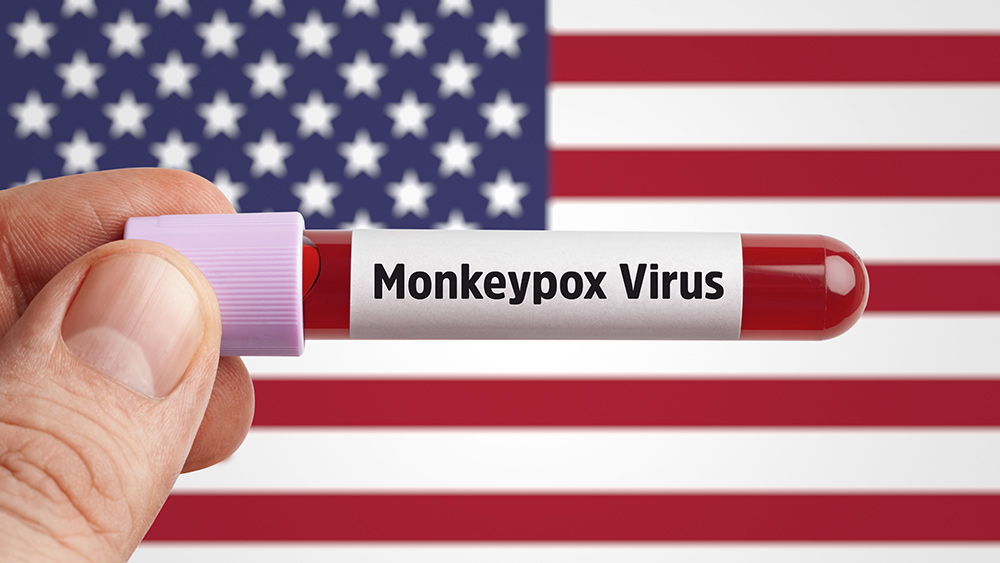Impulsivity and blood glucose can impact behavioral flexibility
06/06/2019 / By Michelle Simmons

A team of researchers from Northumbria University and Sheffield Hallam University in the U.K., Sunway University in Malaysia, and NeuroCognitive Institute in the U.S. investigated whether impulsivity and blood glucose could affect behavioral flexibility. The team published their findings in the journal Nutrition Research.
- Both psychological and physiological factors influence behavioral flexibility performance.
- Recent evidence suggests that impulsivity and blood glucose can influence executive function, of which behavioral flexibility is a subdomain.
- In the study, the research team hypothesized that impulsivity, fasting blood glucose, and glucose changes from postprandial blood glucose after consuming a 15-gram (g) sugary beverage could account for variability in behavioral flexibility performance.
- The researchers measured the participants’ behavioral flexibility using the Stroop Color-Word Test and the Wisconsin Card Sorting Test (WCST), and the Barratt Impulsiveness Scale (BIS-11) for impulsivity.
- In Study 1, neither impulsivity nor fasting blood glucose could predict performance on the Stroop or the WCST.
- In Study 2, they tested whether blood glucose levels after the consumption of a sugary drink could affect behavioral flexibility.
- They found that absolute changes in glucose levels after the intake of the glucose beverage could better predict behavioral flexibility.
- The results showed that lower impulsivity scores and smaller differences in blood glucose levels from time 1 to time 2 predicted a reduction in the number of total and perseverative errors on the WCST.
In conclusion, the results suggested that measures of impulsivity and blood glucose regulation can be used to predict behavioral flexibility.
For more studies on human behaviors, visit MindBodyScience.news.
Journal Reference:
Riby LM, Lai Teik Ong D, Azmie NBM, Ooi EL, Regina C, Yeo EKW, Massa J, Aquili L. IMPULSIVENESS, POSTPRANDIAL BLOOD GLUCOSE, AND GLUCOREGULATION AFFECT MEASURES OF BEHAVIORAL FLEXIBILITY. Nutrition Research. December 2017; 48: 65-75. DOI: 10.1016/j.nutres.2017.10.011
Submit a correction >>
Tagged Under:
behavior, behavioral flexibility, behavioral psychology, blood sugar, brain function, impulsive behavior, impulsivity, mental health, Mind, mind body science, psychological flexibility, Psychology, research
This article may contain statements that reflect the opinion of the author



















